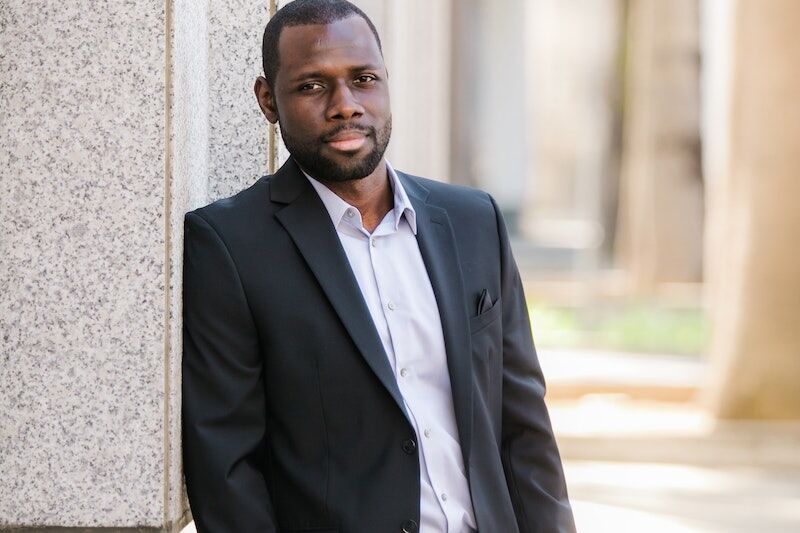James was waiting for Robert at the office and, as the saying goes, “was loaded for bear.” James, the Department Director, had tolerated Robert’s behavior as long as he could stand it. Robert was a very smart person and a valuable asset to the company, but his attitude was dismissive to anyone who disagreed with him and he came across as patronizing and superior to all. His behavior was causing serious problems in the department.
So James had had enough. He was going to confront Robert and really give it to him. “I’m going to call him out on this. Put him in his place. He’ll see who’s boss!”
Freeze the frame right here! Among the many disastrous elements of this difficult, soon-to-be incendiary confrontation, let’s focus on one truly essential, elemental aspect.
James wasn’t thinking about his end goal — his big picture. The book, Crucial Conversations, written by Kerry Patterson, Joseph Grenny, Ron McMillan and Al Swizler, refers to this as an element of “starting with heart.” Having a difficult conversation is fraught with traps, and one of the biggest is getting emotional and feeding a short-term need. Yes, the desire to prove yourself “right,” win your point, deliver a devastating remark, or react to an emotional, angry response in-kind — fighting fire with fire — may feel good in the moment, but the victory, and the ego boost, will fade very quickly.
Then what? What’s been accomplished? In fact, things may now be even worse than they were before.
Wait, Why Do You Want to Have this Conversation?
Starting with heart means that you have thought through your desired outcome, and that you remain focused on it. Everything else is hubris. It also means that your desired outcome is in alignment with your values and the values of good leadership. Political sabotage or a play for power are not valid big picture goals.
Thinking beyond the immediate aggravation and frustration, James realized that what he really wanted was for Robert to treat people with more respect and share his expertise in a way that was not condescending or arrogant. Robert’s knowledge was important to the department, however, his delivery was turning people off, and he was in danger of being ignored or sabotaged by his colleagues. Starting with his heart, Robert wants to have a good, long-term working relationship with Robert — and he wants his department to thrive. That was James’ overriding objective, his big picture.
James rethought how he would handle the conversation when Robert arrived. He realized that if he went on the offensive in the way he had been intending, he was more likely to get defensiveness, push-back, and even anger from Robert. That would not get James the things he truly wanted: behavior change from Robert and a relationship with him that was built on trust and good communication.
James decided to postpone the meeting with Robert until he could think through his approach a bit more. Two days later, when he did have the conversation with Robert, he was calmer, presented his feedback in a concise and non-emotional way (look for a future blog on the SBI model for offering feedback), and was able to hear from Robert what was going through Robert’s mind when he spoke to his colleagues. They built genuine trust — since James had established a psychologically safe atmosphere — and their relationship was stronger at the end of the conversation, rather than weaker.
Over the coming months, James watched as Robert worked to integrate the feedback he’d given. James realized that Robert had heard and reflected on his feedback much better than if James had blasted him out of frustration. Keeping his true end-goal in mind had helped James reframe the conversation in a much more productive way.
So before you yield to the temptation to hand someone their head on a platter, repeat the mantra, “big picture, big picture, big picture.” For more about having really tough conversations, read Arden Coaching’s blog, “Am I Having a Crucial Conversation?” and, “Having a Difficult Conversation? First, Fill the Pool of Shared Meaning.”
To learn more about communication, having tough conversations, and other essential leadership skills, contact us at info@ardencoaching.com or 646.684.3777.

